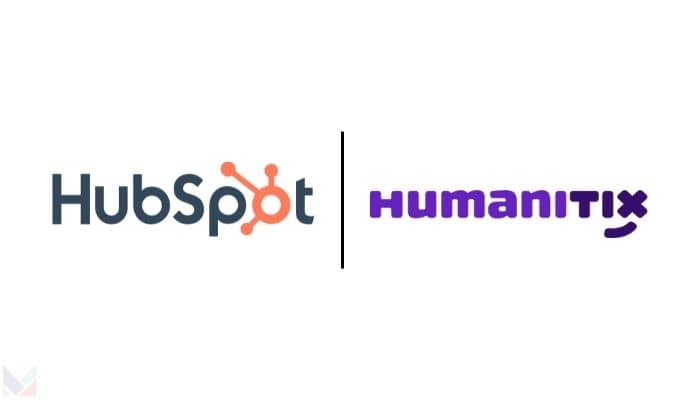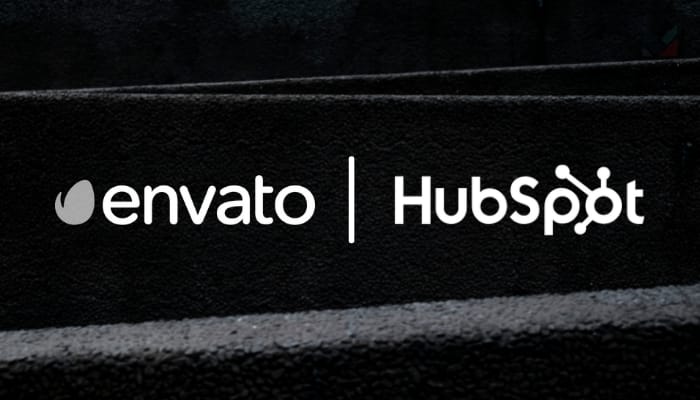Singapore – Around nine in 10 marketers in Singapore have noted that they foresee social media channels being the preferred retail channel for its local customers this 2024, according to the latest data from HubSpot.
According to the data, nearly all respondents (93%) predicted that local brands will adopt social commerce strategies in response to this shift as opposed to third-party websites (92%), or from the brand’s website (90%).
Moreover,social media marketers in Singapore are selling on several social media platforms, which each register varying levels of effectiveness. Among marketers already engaging in social commerce, more than 7 in 10 (73%) perceive Instagram’s social shopping features to offer the highest Return on Investment (ROI), followed by Facebook (71%) and YouTube (71%).
The data also stated that nearly 9 in 10 (89%) social media marketers in Singapore believe that an active online community is a vital component to the success of their social media strategy.
Respondents also shared that the top benefits of building a social media community include incentivising user-generated content (31%), improving customer experience (26%), attracting more followers or subscribers (22%), in addition to strengthening brand awareness, customer retention, connections among their customers, as well as trust between the brand and customers (19%).
More than half (58%) of respondents said that their organisations were investing in building communities, laying the foundations to capitalise on social commerce growth opportunities. Of this number, nearly three quarters (72%) are planning to increase their investment into building social media communities in 2024. 1 in 3 (36%) social media marketers who have not begun building social media communities planned to do so this year.
Content-wise, social media marketers in Singapore are currently leveraging an average of three content formats, with the most common being short-form videos (44%), live videos or streaming (41%), and user-generated content (31%). Nearly 8 in 10 (77%) respondents believed that short-form video offered the highest ROI of any format. The focus on short-form video is set to continue growing in 2024, with three quarters (75%) of respondents set to increase their investment into the content format from the previous year.
In terms of AI utilisation, Nearly all (91%) social media marketers in Singapore view Artificial Intelligence (AI) as a crucial component of any successful social media strategy. More than half (59%) of respondents are already using generative AI tools to create social media content. Among social media marketers in Singapore using generative AI to create content, nearly two-thirds (61%) say content made with AI performs better. While Singapore’s social media marketers are leveraging AI for various purposes, the top 3 use cases for generative AI tools include repurposing content to meet the needs of different audiences (35%), writing copy for social media content (31%), and getting ideas or inspiration (30%). AI is most often used to create short-form videos (39%), captions (32%), and images (31%).
Kat Warboys, marketing director for Asia-Pacific at HubSpot, said, “85% of Singapore’s population is estimated to be social media users making it home to some of Southeast Asia’s most avid users. They also have a propensity to use these platforms for brand discovery and research, making social media a key retail channel that marketers cannot ignore. B2B brands in particular need to adapt their approach to match the B2C experience that customers today have come to expect. Moving ahead, we are likely to see B2B brands moving away from factually accurate but often over engineered or very generic material in favour of relatable, authentic and engaging content on social media to win audience attention and influence purchasing decisions.”
She also commented, “Marketers that are constantly challenged by the density of social media content needs can leverage generative AI to alleviate resourcing constraints. Generative AI tools can provide teams with data-driven suggestions for better content ideation, and also help to develop or repurpose content for different audience groups. This approach enables marketers to effectively engage a wide range of customer segments at speed and scale. Automating these time intensive tasks ultimately empowers human teams to dedicate their attention towards augmenting AI-developed content with a level of creative input that is difficult for machines to replicate. Singapore’s continued commitment towards AI in its latest budget will also prove timely, creating a foundation to spur local AI adoption that marketers can also tap on to enhance their competitiveness.”


















